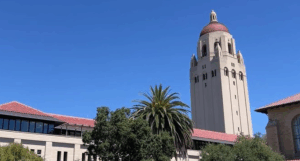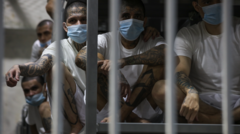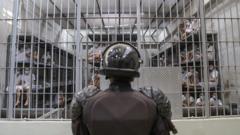In a recent visit to Panama, Secretary of State Marco Rubio warned of the threat posed by Chinese control over the Panama Canal, demanding immediate changes while the Panamanian president downplayed fears of U.S. intervention.
U.S. Secretary Rubio Signals Tensions Over Panama Canal Control by China

U.S. Secretary Rubio Signals Tensions Over Panama Canal Control by China
Secretary of State Marco Rubio raises alarms regarding Chinese influence over the Panama Canal, suggesting potential U.S. intervention.
In a significant foreign policy development, U.S. Secretary of State Marco Rubio delivered a forceful warning to Panama's President José Raúl Mulino regarding China's growing influence over the Panama Canal. The remarks were made during Rubio’s inaugural meeting with a foreign leader as Secretary of State, setting a confrontational tone reminiscent of the previous administration.
The State Department reported that Rubio communicated concerns that President Trump deemed China's control over the canal as a potential threat to U.S. interests. He emphasized that if immediate adjustments weren't made, the U.S. would consider unspecified measures to safeguard its rights as outlined in historical treaties concerning the canal's use and control.
Mulino presented a contrasting perspective in his assessment after their discussion, suggesting that Rubio did not imply any imminent threat concerning U.S. military action. He expressed skepticism about any real danger of American intervention, highlighting a divergence in interpretations of the dialogue.
President Trump, however, took a more aggressive stance, indicating to reporters that the U.S. would not shy away from reclaiming authority over the canal if interaction with China does not improve. Although he suggested a powerful response could be on the horizon, he stopped short of detailing any potential military plans.
Questions remain regarding the nature of the "measures" Rubio hinted at during his remarks. The overall sentiment reflects an escalation in rhetoric between the U.S. and Panama as geopolitical tensions involving China continue to heighten.




















